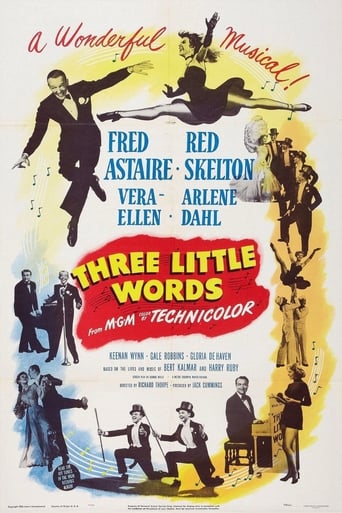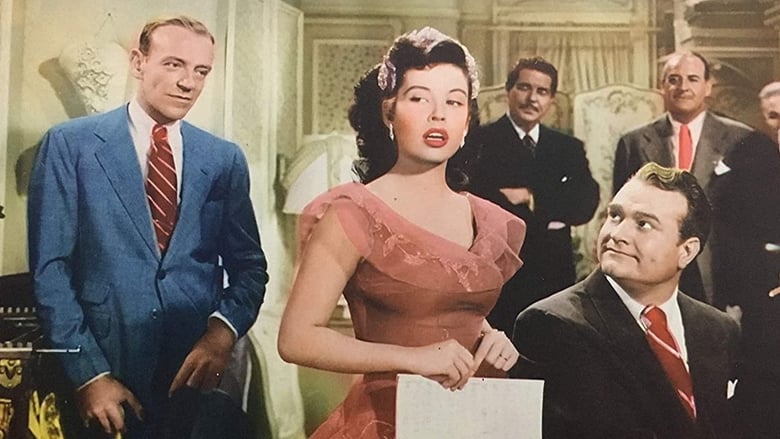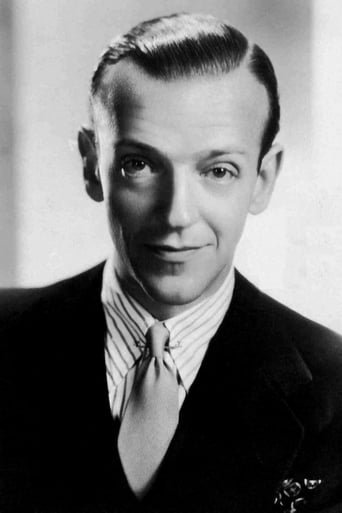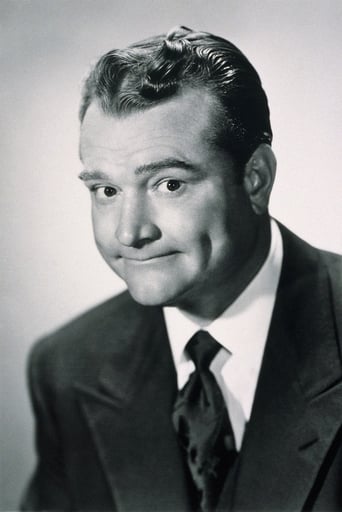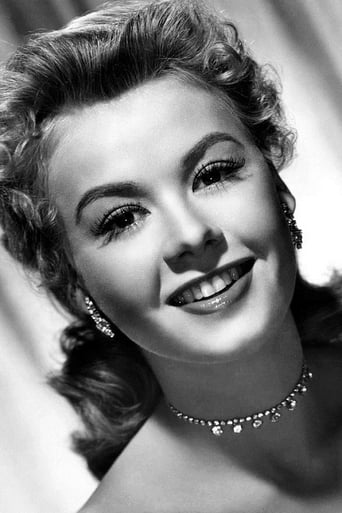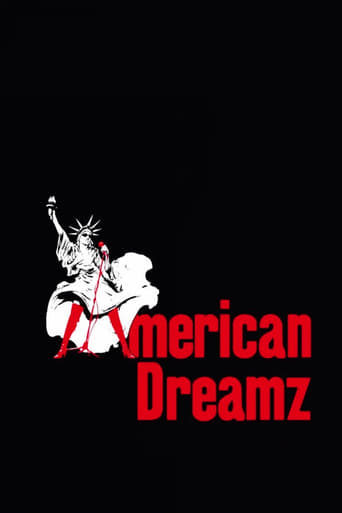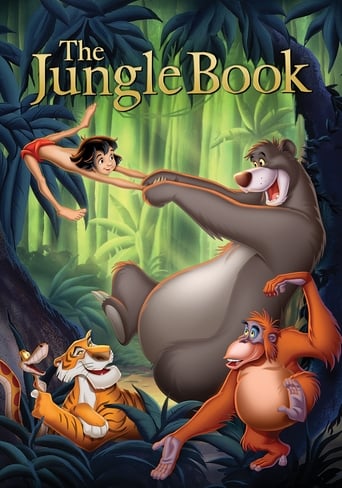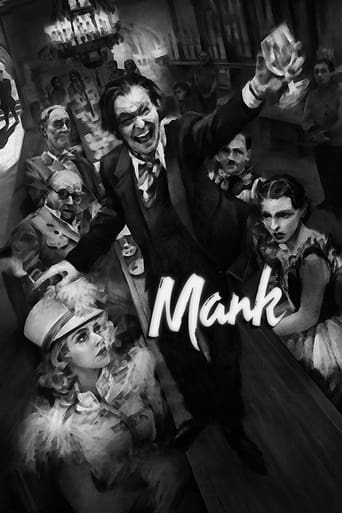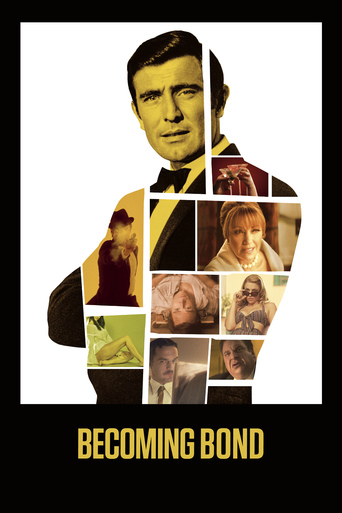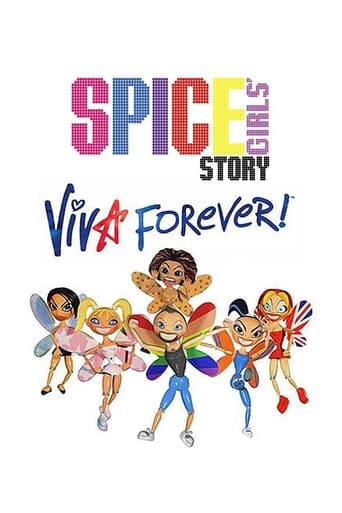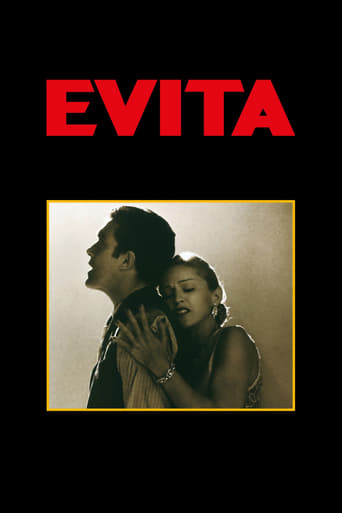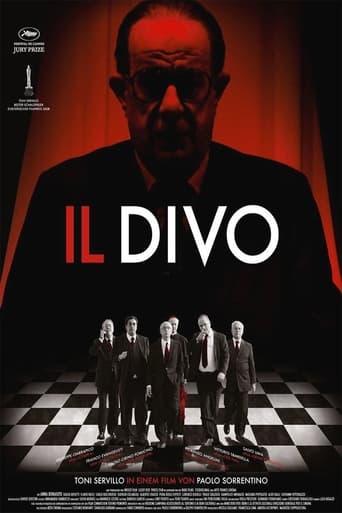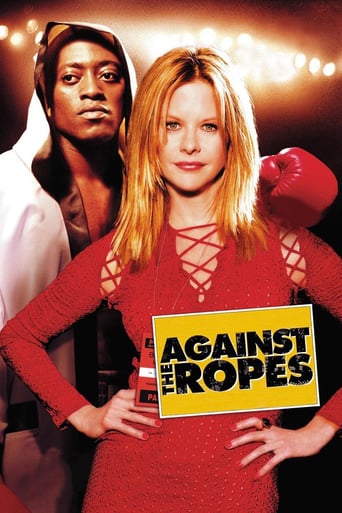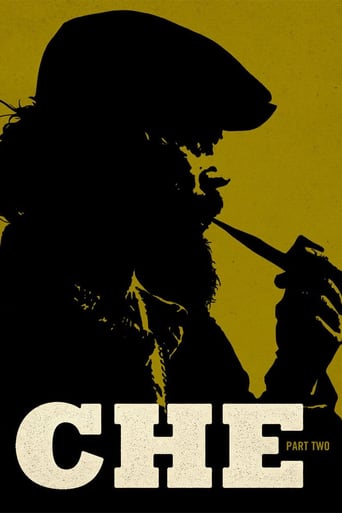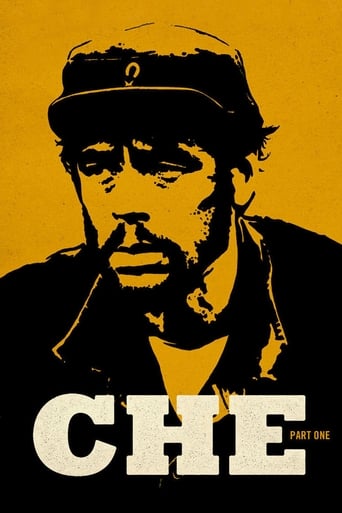Three Little Words (1950)
Song-and-dance man Bert Kalmar can't continue his stage career after an injury for while, so he has to earn his money as a lyricst. Per chance he meets composer Harry Ruby and their first song is a hit. Ruby gets Kalmar to marry is former partner Jessie Brown, and Kalmar and Jessie prevent Ruby from getting married to the wrong girls. But due to the fact, that Ruby has caused a backer's withdrawal for a Kalmar play, they end their relation.
Watch Trailer
Cast


Similar titles
Reviews
Thanks for the memories!
Memorable, crazy movie
The performances transcend the film's tropes, grounding it in characters that feel more complete than this subgenre often produces.
This movie was so-so. It had it's moments, but wasn't the greatest.
Copyright 6 July 1950 by Loew's Inc. An MGM picture. New York opening at Loew's State: 9 August 1950. U.S. release: August 1950. Australian release: 22 January 1951. 9,206 feet. 102 minutes.SYNOPSIS: Based on story suggestions by Harry Ruby himself, this film lightly chronicles the misunderstandings between two song-writers. One would rather be a magician, the other a baseball player.NOTES: One of MGM's top money-makers of the year. Nominated for an Academy Award for Best Scoring of a Musical Picture (lost out to Annie Get Your Gun).COMMENT: Fanciful as it may seem, this film is actually closer to its subject's real lives than most other Hollywood biographies. Kalmar (who was 11 years his partner's senior - oddly enough the same age difference between Skelton and Astaire) died in 1947, but Ruby not only supplied anecdotes for Wells to embellish and acted as technical adviser but even has a bit part (a nice inside joke) as a big league ball-player!This light, amusing story is most ingratiatingly played. Skelton never had a better part. Aside from the embarrass¬ingly maudlin The Clown (1953), it is one of his few forays into straight acting - although the script does wisely allow for a few typical Skelton routines, particularly a most amusing episode in which the bumbling Red wreaks backstage havoc during Astaire's magic act.Many fans complained that Astaire didn't have enough dancing. In point of fact, the knee injury that forced Kalmar into full-time songwriting actually happened. Of course, yesterday's picturegoers (like today's television viewers) didn't give a hoot about facts - no wonder Hollywood took such liberties with "lives". Even so, Fred has at least three delightful routines with Vera-Ellen (not including the rackety "Hoofers At Home" with its nice surprise exit) which he handles with typical grace and style - plus a short but highly inventive solo. And, as might be expected, he rubs up the straight and comedy material - as well as his singing chores - with his usual pleasantly polished finesse.Vera-Ellen displays plenty of charm and dances with ebullient ease. The support cast is unusually strong, featuring some engaging characterizations by such players as Keenan Wynn, Gale Robbins, Debbie Reynolds, Paul Harvey, Harry Shannon and Pat Williams. On the other hand, Gloria De Haven plays her mother too soulfully and with little vivacity, while Arlene Dahl makes Eileen Percy so bland one marvels at her success in Hollywood - but these are piffling criticisms. All in all, the acting is first-rate.By director Richard Thorpe's standards, Three Little Words is a wonder of professionalism. The original exponent of the "Don't make it good, make it Monday!" school of movie-making, Thorpe was hired to cut costs. The MGM brass had little faith in the picture, reasoning that if Words and Music - about the well-known songwriters Rodgers and Hart - barely made money, what chance a biography of Kalmar and Ruby who were hardly household names? Even so, Thorpe handled the assignment with expertise, even drawing a reasonably appealing performance from Vera-Ellen whose unmalleability defeated many a more meticulous director.While money has not been poured into Three Little Words - it's not one of MGM's super-dooper extravaganzas - it's a charming film that succeeds in its entertainment aims quite admirably. It has heart, enthusiasm, vitality, credibility. Always one of Astaire's favorite films, it proves that ultra-lavish production values cannot replace amiable team-work.
Of the film musical biopics of famous composers and songwriters around the mid-40s and early-50s(Till the Clouds Roll By, Rhapsody in Blue, Night and Day, Words and Music and this), Three Little Words is my personal favourite, because of its lighter tone, more secure pacing and simpler approach. All five however still have many virtues.The story is somewhat secondary to everything else and a good deal of the details like all the above biopics are highly fictionalised (Bert Kalmar and Harry Ruby's relationship was apparently the complete opposite as to what was portrayed here, but am not entirely sure). Arlene Dahl also has very little to do, and is a little bland as a result. However, those are the only things not so good about it. Everything else was so good and more than compensated, and of all Fred Astaire's MGM musicals Three Little Words is one of the better ones. I for one appreciated the film's simplicity, and liked that it was light in tone, it never felt dull or rushed and didn't try to do too much. Throughout it is also very warm-hearted and charming and put me in a good and happy mood after a hard day.As ever with MGM, it is a very lavish-looking film and filled with colour and elegance. Of the songs, Mr and Mrs Hoofer at Home and especially Thinking of You stood out, though Who's Sorry Now(beautifully sung by Gloria DeHaven), You Are My Lucky Star and Groucho Marx's theme Hooray for Captain Spaulding are good songs too. Choreographically, the highlights are the three numbers between Fred Astaire and Vera Ellen. Neither are among Astaire's very best routines, but they are still great. The best of the three is the charmingly romantic and movingly tender Thinking of You, though the witty and very funny Mr and Mrs Hoofer at Home and the fun and cleverly choreographed Where Did You Get that Girl are pleasures to watch as well.It's a nicely scripted film too, with some humorous parts and some emotional parts. The humorous parts are genuinely funny and the emotional parts have a great deal of poignancy. It's well paced too, not dissolving into too much talk or ham-fisted melodrama. The performances are solid across the board, with Astaire dancing as beautifully as ever and his acting performance, heavier and more serious in comparison to the rest of his roles, is one of his best. Red Skelton (a performer I normally take or leave) is funny while more restrained than he usually is, which suited the role and the tone of the film very well. Vera Ellen dances a dream with Astaire and charms in the acting department too, while Gloria DeHaven is a breath of fresh air with her rendition of Who's Sorry Now being one of the film's most poignant moments and Debbie Reynolds allures in her brief screen time.Overall, a great film, one of Astaire's better MGM musicals and the best and personal favourite of the filmed musical biopics of the mid-40s-early-50s period. 9/10 Bethany Cox
The third of MGM's songwriter bios (after "Till the Clouds Roll By" and "Words and Music") is no different than the first two with one major exception-outstanding performances by the leads. I can't say if there is any resemblance between Kalmar and Ruby and the two men who play them here-Fred Astaire and Red Skelton, but unlike Robert Walker (who played Jerome Kern), Tom Drake (Richard Rodgers) and Mickey Rooney (a very Andy Hardy like Lorenz Hart), they are certainly much more convincing as members of the music industry during the heyday of Tin Pan Alley. In films like this, it is the songs which count, and there are loads of them. Debbie Reynolds briefly gets to "poo poo pee doo" as the real-life Helen Kane, singing "I Want to Be Loved By You". You won't hear the future Molly Brown's real singing voice; The real Miss Kane energetically re-recorded the song, convincingly lipsinked by Debbie. She practically molests Carleton Carpenter in the on-stage version of that song.The beautiful "Nevertheless" and "Thinking of You" are love themes for Astaire and his leading lady, Vera-Ellen. VE isn't convincing in the acting scenes, but is of course, one of the loveliest and most graceful dancers of the golden age of movie musicals. Like fellow MGM dancer Cyd Charisse, her singing was dubbed, here by Anita Ellis. Not dubbed are Gale Robbins as Skelton's social-climbing girlfriend (singing "All Alone Monday"), Gloria DeHaven (playing her real-life mother, singing "Who's Sorry Now?"), and the exquisitely beautiful Arlene Dahl singing "I Love You So Much". See the Wheeler and Woolsey musical comedy "The Cuckoos" (RKO, 1930) for a very funny rendition of that song performed by Bert Wheeler and Dorothy Lee. Astaire briefly sings a verse of "Horray For Captain Spaulding" from "Animal Crackers". Little known songs such as "Where Did You Get That Girl?", "So Long, Ooh Long", and "My Sunny Tennessee" are also performed and worthy of being included in the film.It is the title song, however, which holds the film together. With music by Skelton's Ruby, he keeps playing it over and over, annoying Astaire's Kalmar right up to the very end. ("You Are a Dope", he sings to his music after Astaire storms out after telling Skelton, "I'm going to tell you in three little words. You're a dope.") Also amusing is a magic act used to introduce the two men that resembles sequences in the musical bios "Star!" and "Funny Lady" where everything that can go wrong on stage does.As I stated, I can't confirm any resemblance between the real life songwriting team and the stars, but Astaire and Skelton are outstanding. Skelton totally underplays the comedy for one of the only times in his film career, and it really works. That resulted in him winning one of the first Golden Globes. The chemistry between Astaire and Vera-Ellen really only comes to life when they dance. She was one of only a few other women (Rita Hayworth, Lucille Bremer, Cyd Charisse) who would work in more than one film opposite the dancing maestro. When they dance, it's equal to Fred and Ginger at their best, but considering that such talented dancers as Eleanor Powell, Ann Miller and Judy Garland only got him once, it is an odd decision for them to work together twice when he had much more chemistry in the non-musical scenes with those performers.Ms. Dahl, never the star she should have been, is along with Lucille Ball, Rita Hayworth and Maureen O'Hara, one of the best looking redhead in films. Technicolor loves her, and she is absolutely charming in the few scenes she has. Just try not to forget the image of her on the staircase revealing her loveliness (and beauty spot) after pulling down the feathered fan. Keenan Wynn, giving his typically gruff but somewhat tender performance as their determined agent, is excellent as always.Kalmar and Ruby, while not as well known by name as the other men MGM did bio's on (Sigmund Romberg in "Deep in My Heart" was the other), wrote many songs which are classics today, and this is a great video song book to present them in. The film is not quite excellent, but the chemistry between Astaire and Skelton is really nice. The ending with the title song is a nice little twist and is quite moving.
This was a wonderful, feel-good movie with tons of songs, many of them appealing. There also were some great dancing scenes, no surprise there since Fred Astaire is one of the stars. Astaire and Vera-Ellen paired up well for those numbers.This is one of the few films, even in the musicals, in which all the characters were nice people. In other words, there were no villains, no nasty people, which is refreshing to see now and then. It is supposedly the true-life account of songwriters Bert Kalmar (Astaire) and Harry Ruby (Red Skelton). Ruby is good at writing tunes, but not with lyrics. Kalmar supplies the lyrics and dance. Skelton also shows he had a decent singing voice.The only unhappy moments in the movie are the squabbles between the two leading men, but that's not overdone and sometimes it's humorous. Skelton's character is the nicer of the two.The leading ladies are wholesome-looking beautiful women. Vera-Ellen is a Shirley Jones-type pretty blonde with a great dancer's body. She's enjoyable to watch. Arlene Dahl, who was stunning, is the other leading female but her role was minor, unfortunately.The movie is a good mixture of song, dance, comedy and drama and is an underrated film in that it that doesn't get a lot of publicity. Astaire was quoted as saying this was his favorite film. I agree. It's my favorite of his, too.

